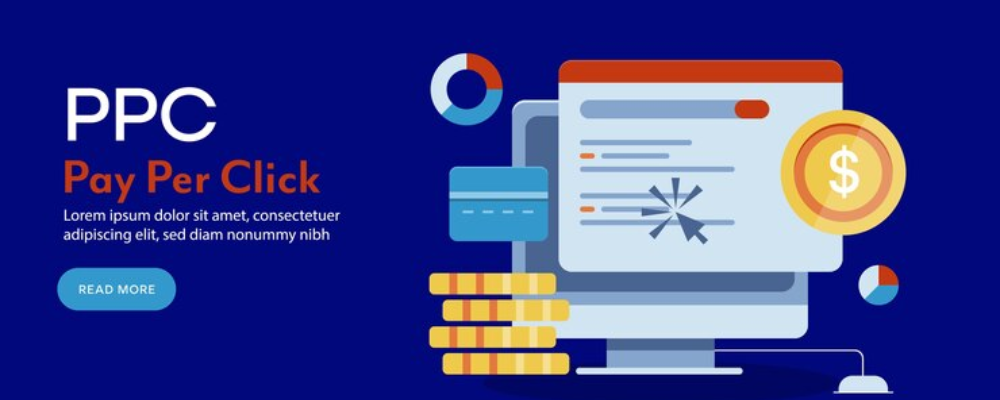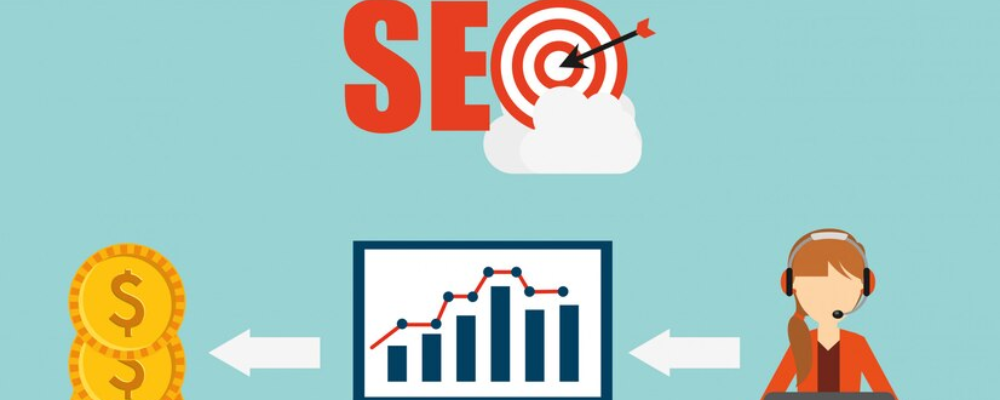Pay Per Click (PPC) advertising can be a game-changer for businesses looking to generate leads and drive traffic to their websites. However, PPC can seem complicated at first, leading to a lot of questions about how it works and how to get the most out of your campaigns. Below, we’ve answered the most common PPC questions to help you better understand this powerful marketing tool and how it can boost lead generation for your business.
FAQs About Pay Per Click (PPC)
1. What is Pay Per Click (PPC) Advertising?
PPC is an online advertising model where advertisers pay a fee each time their ad is clicked. Essentially, it’s a way of buying visits to your site rather than earning them organically. PPC ads typically appear on search engines like Google or Bing, as well as social media platforms like Facebook and LinkedIn.
2. How Does PPC Help with Lead Generation?
PPC is one of the most effective ways to generate leads. It allows you to target your ads to users who are actively searching for services or products related to your business. By appearing at the top of search results, your business gains visibility, and every click can potentially turn into a lead or customer.

3. How Does the PPC Bidding System Work?
PPC uses a bidding system where you compete with other advertisers for the top spots in search results or social media feeds. You choose the keywords you want to bid on, set a maximum amount you’re willing to pay per click, and the system compares your bid with those of your competitors. Factors like ad relevance and quality score also play a role in determining your ad’s position.
4. What Are Keywords in PPC, and Why Are They Important?
Keywords are the specific words or phrases that users type into search engines when looking for a product or service. Choosing the right keywords ensures that your ads are shown to the most relevant audience, increasing the chances of generating qualified leads. Keywords must align with your business goals and target audience to maximize campaign effectiveness.
5. What Is a Quality Score, and How Does It Impact My PPC Campaign?
Quality Score is a rating given by search engines like Google that measures the relevance and quality of your PPC ads and keywords. A high Quality Score means your ad is more relevant to the user’s search, which can lower your cost-per-click (CPC) and improve your ad position. Factors that affect Quality Score include the click-through rate (CTR), ad relevance, and the quality of your landing page.
6. How Much Does PPC Cost?
The cost of PPC can vary based on industry, competition, and the keywords you are targeting. PPC operates on a cost-per-click (CPC) model, meaning you only pay when someone clicks on your ad. While some keywords may cost a few cents per click, others, especially in competitive industries like legal services or finance, can cost several dollars per click. You have complete control over your budget and can set daily or monthly spending limits.
7. What’s the Difference Between PPC and SEO?
PPC is a paid advertising strategy where you pay for every click on your ads, while SEO (Search Engine Optimization) focuses on improving your organic ranking through content and site optimization. PPC offers quicker results since ads appear immediately once the campaign is live, but it requires ongoing spending. SEO is a long-term strategy that helps drive sustainable traffic without the need for continuous ad spend.

8. How Can I Measure PPC Success?
You can measure the success of your PPC campaign by tracking several key metrics, including:
- Click-Through Rate (CTR): The percentage of people who click on your ad after seeing it.
- Conversion Rate: The percentage of clicks that result in a lead or desired action (e.g., form submission, purchase).
- Cost Per Conversion: The total cost to acquire a lead or customer.
- Return on Ad Spend (ROAS): The revenue generated for every dollar spent on PPC.
9. What Are Negative Keywords, and Why Should I Use Them?
Negative keywords are words or phrases for which you don’t want your ads to appear. For example, if you sell premium services, you may want to add “free” or “cheap” as negative keywords to avoid irrelevant clicks. This helps filter out unqualified traffic and ensures your budget is spent on high-intent users, improving lead quality.
10. How Do I Choose the Best Keywords for My PPC Campaign?
To choose the best keywords for your campaign:
- Start with Broad Research: Use tools like Google Keyword Planner or SEMrush to find relevant keywords.
- Focus on Relevance: Pick keywords that match your business goals and the products or services you offer.
- Consider Search Volume: Opt for keywords with sufficient search volume but avoid those that are too competitive if you’re on a limited budget.
- Leverage Long-Tail Keywords: Longer, more specific keyword phrases often have lower competition and can drive highly qualified leads.
11. How Can I Improve My PPC Campaign’s Performance?
Improving your PPC campaign requires ongoing monitoring and optimization. Here are some strategies:
- A/B Test Your Ads: Experiment with different headlines, descriptions, and calls to action to see which ads perform best.
- Improve Your Landing Pages: Ensure that your landing pages are optimized for conversions with clear messaging, strong visuals, and easy-to-fill forms.
- Adjust Your Bids: Continuously review keyword performance and adjust bids to maximize your ROI.
- Use Ad Extensions: Include extra information like phone numbers, locations, or additional links to make your ads more useful and clickable.
12. What Are Ad Extensions, and How Can They Benefit My Campaign?
Ad extensions provide additional information about your business within the ad itself. These can include links to specific pages on your site, call buttons, locations, and reviews. Ad extensions improve the visibility and effectiveness of your ads by offering more reasons for users to click, often leading to higher conversion rates.
13. How Long Does It Take to See Results from PPC?
PPC can yield almost immediate results once your campaign is live. However, the full potential of a PPC campaign is typically realized after ongoing testing and optimization over several weeks or months. Regular monitoring ensures you’re maximizing clicks, conversions, and lead generation.

14. Is PPC Suitable for Small Businesses?
Yes, PPC is suitable for businesses of all sizes. It allows for complete control over your ad budget, and even small businesses can see great results with well-targeted, cost-effective campaigns. PPC can level the playing field, helping small businesses compete with larger brands for the same search queries.
15. How Do I Track Conversions from PPC?
Tracking conversions is essential for measuring the success of your PPC campaign. Most platforms, like Google Ads, offer conversion tracking tools that allow you to measure specific actions users take after clicking on your ad, such as filling out a form, making a purchase, or signing up for a newsletter. Setting up conversion tracking helps you see which keywords and ads are driving the most leads.
Conclusion
Understanding Pay Per Click advertising is key to effectively generating leads for your business. By knowing how PPC works, optimizing campaigns with the right keywords, and measuring performance, you can make PPC a profitable part of your marketing strategy. If you’re looking to get started or improve your lead generation through PPC, contact us today to learn more about how we can help you create high-performing campaigns tailored to your business goals.




